
The course delves deeper into specialized machine learning methods. In particular, it covers extensively manifold learning, topological data analysis and examples of their usage. Due to complexity of the topics more attention is given to the mathematics used in the methods, which makes this an advanced level course.
- Teacher: Vitalii Tymchyshyn
- Non-editing teacher: Voropai Olga
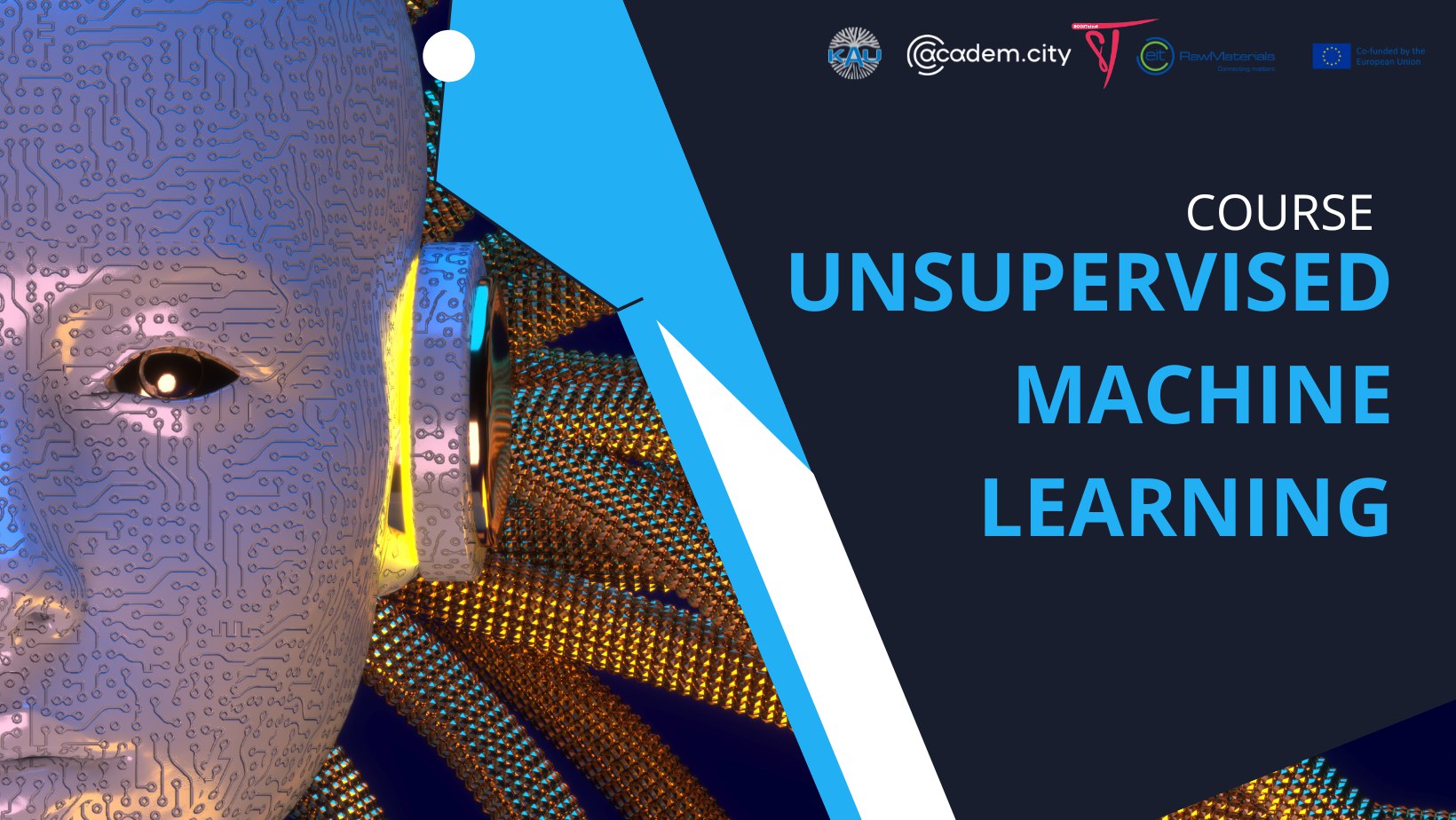
This course expands on methods of machine learning (ML) and covers unsupervised learning in particular. Unsupervised Learning includes such methods as principal component analysis (PCS), k-means clustering, Gaussian mixture models and kernel density estimation. All of these methods will be covered extensively in the course.
- Teacher: Vitalii Tymchyshyn
- Teacher: Володимир Безгуба
- Non-editing teacher: Voropai Olga
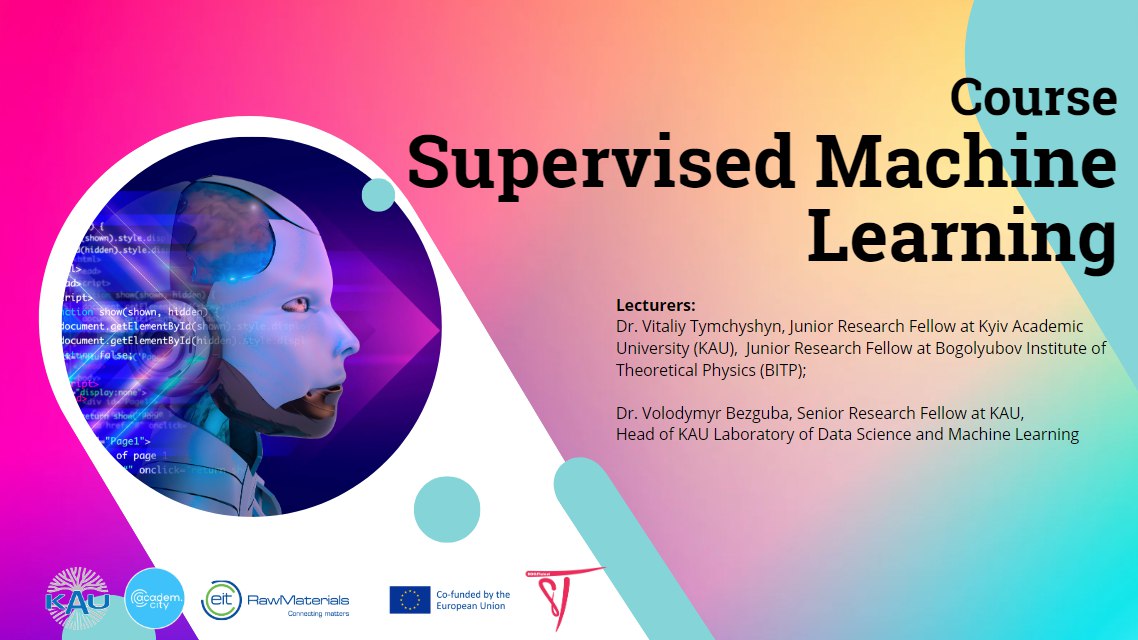
This course expands on methods of machine learning (ML) and covers supervised learning in particular. Supervised Learning includes such methods as linear regression, support vector machines (SVM), decision trees and random forests. All of these methods will be covered extensively in the course.
- Teacher: Vitalii Tymchyshyn
- Teacher: Володимир Безгуба
- Non-editing teacher: Voropai Olga
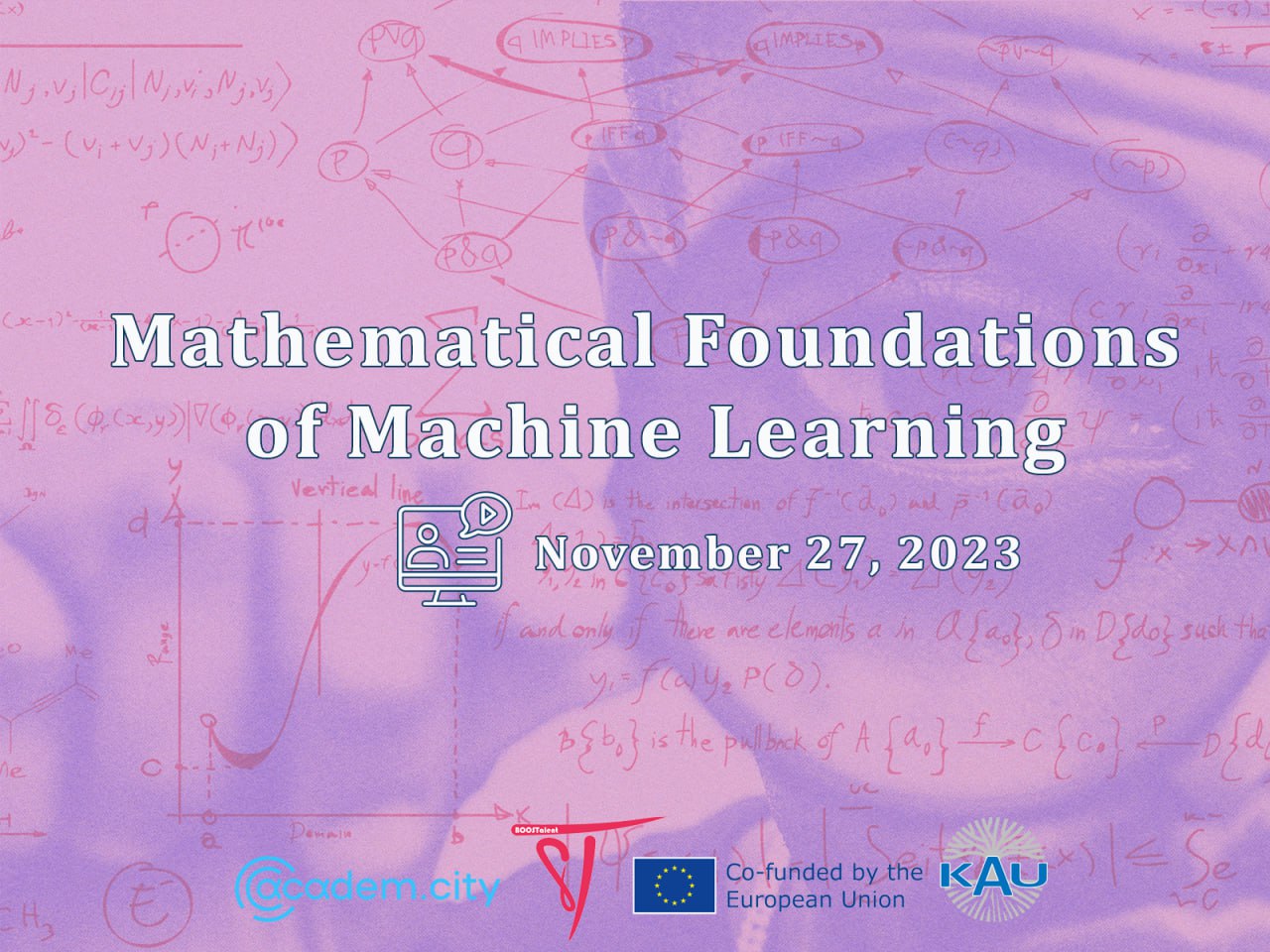
- Teacher: Voropai Olga
- Teacher: Vitalii Tymchyshyn
- Teacher: Володимир Безгуба
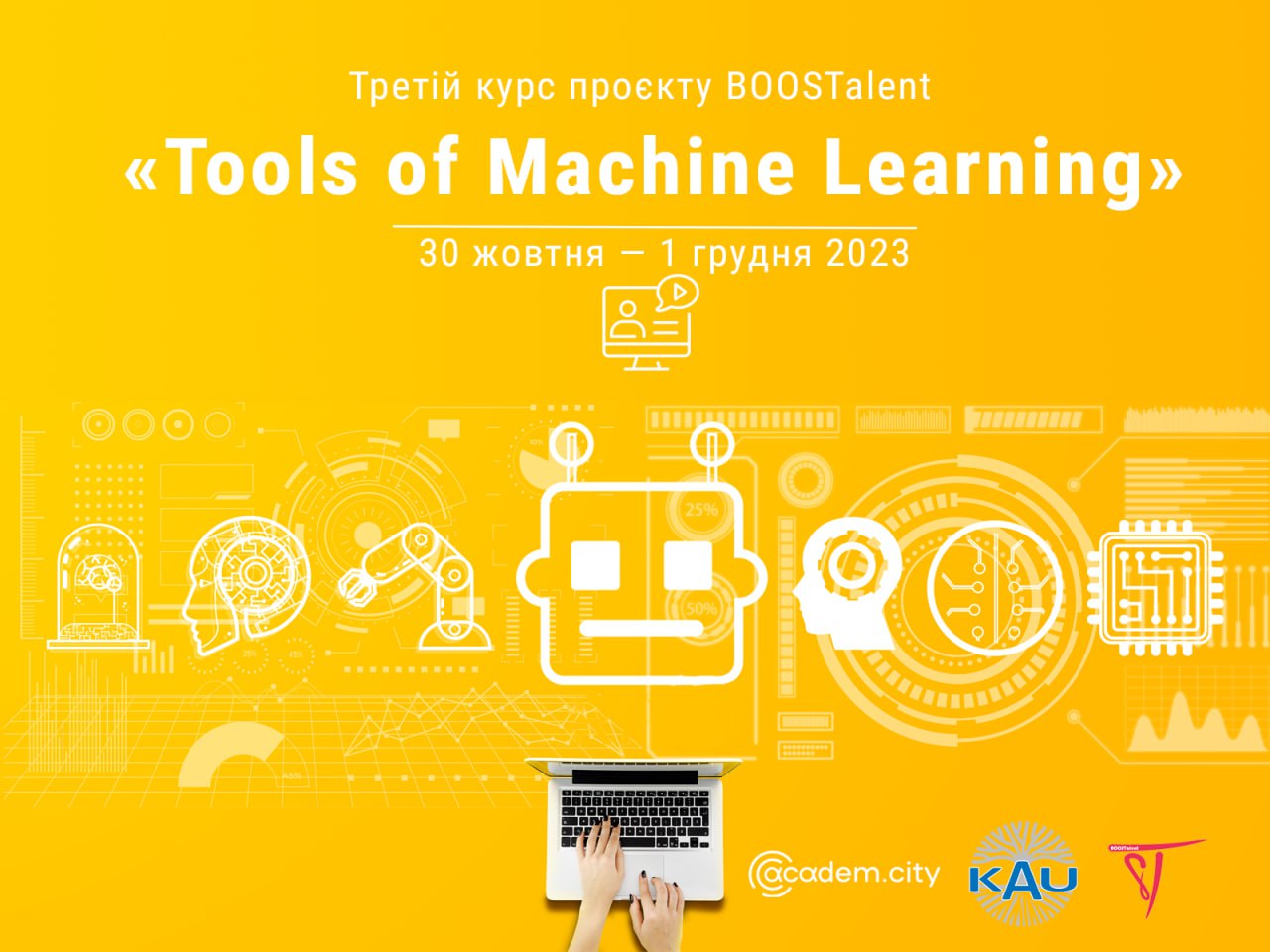
- Teacher: Voropai Olga
- Teacher: Vitalii Tymchyshyn
- Teacher: Володимир Безгуба
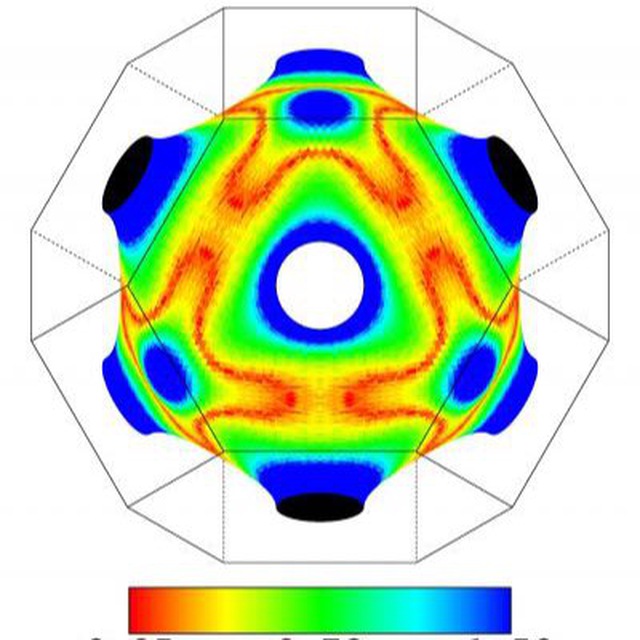
This is the educational course inside the BOOSTalent project - «Density functional theory for computational materials design». This is the first course in a series on quantum mechanical calculations of materials. In this course, we will delve into the Density Functional Theory (DFT), a theory widely used for material property calculations in materials science, biochemistry, drug discovery, solar cells, batteries, and many other fields. This course is purely theoretical but crucial for proceeding to practical courses in quantum mechanical calculations
- Teacher: Олег Фея
- Non-editing teacher: Voropai Olga

The objective of the course "Ab initio calculations of electronic properties of materials with Quantum ESPRESSO package" is to equip students with contemporary techniques in computer-based material modelling, specifically focusing on the electronic structure. Through this course, students will gain a comprehensive understanding of key concepts, including density functional theory, which serves as the cornerstone for quantum computations. Furthermore, the course aims to empower students with practical skills in utilizing advanced computational tools. This includes proficiency in employing software packages like Quantum Espresso for conducting ab initio calculations.
- Teacher: Олег Фея
- Non-editing teacher: Voropai Olga